Relative stability
Conducted just ahead of a major wave of global trade policy uncertainty, the latest EuroCham Vietnam BCI reflects a cautiously optimistic picture of European businesses operating in Vietnam.
Recorded at 64.6 points in Q1 2025, the index represents relative stability – but there are still significant concerns. Many respondents noted that they were “waiting for action from Washington” – signaling a significant concern about global developments that could impact the business environment.
These results need to be considered in the context of a specific time period: The BCI survey was conducted by Decision Lab from March 10 to 27, before the US announced new reciprocal tariffs as well as a series of rapid changes in world trade policy.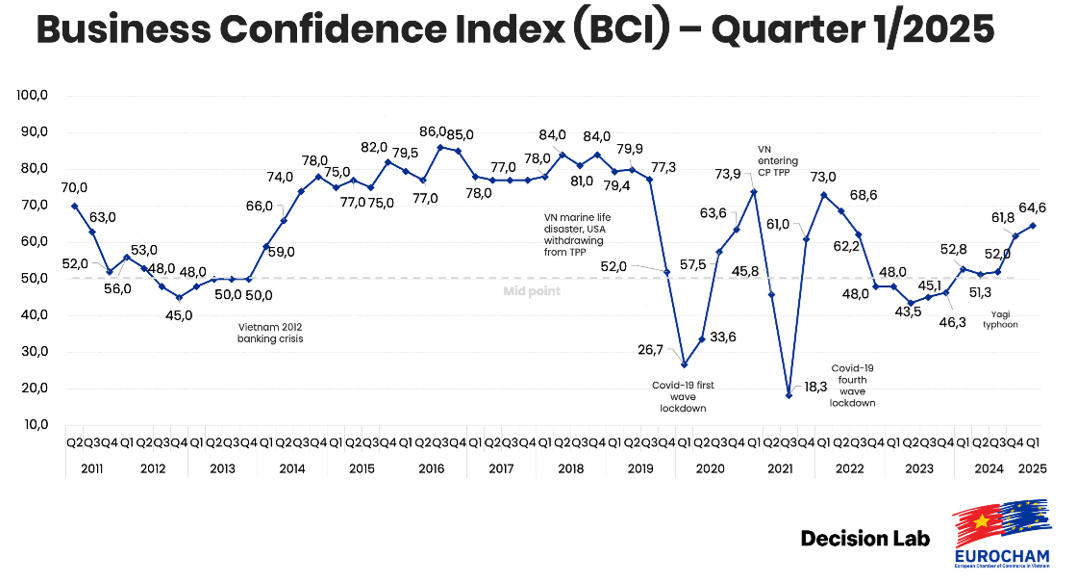 |
Be cautious before global storms
Vietnam’s economic reforms and restructuring have laid a solid foundation, underpinning positive sentiment among the business community at the time of the survey. European businesses have recognised these improvements and are generally neutral to positive about the business environment. However, a cautious tone has emerged as external shocks – particularly from Washington – remain in the forecast, reflecting the clear impact of international trade uncertainties on investor sentiment.| “The survey results show that most European businesses did not foresee such drastic tariff measures. They still have faith in Vietnam’s diplomatic ability to navigate global trade tensions. About two-thirds of the businesses participating in the survey held a neutral view – neither too optimistic nor too worried,” commented Bruno Jaspaert. |
The EuroCham Chairman also noted that the survey was conducted before the US “Liberation Day”, i.e. before President Trump announced reciprocal tariffs, underscoring the importance of interpreting the data in the context of the specific time period.
The data shows that supply chain strategy and access to finance are roughly balanced, reflecting a cautious but somewhat positive sentiment towards the business environment in Vietnam.
Still, concerns remain. Thirty-nine percent of companies surveyed expect pricing strategies—including tariff fluctuations and operating costs—to be a major challenge, while 36 percent expect moderate to significant challenges to market demand and revenue.
| “However, the majority of businesses have yet to adjust their investment or recruitment strategies, reflecting a ‘wait and see’ approach to changes in global trade policy that are forecast but uncertain at the time of the survey,” the EuroCham Chairman stressed. |
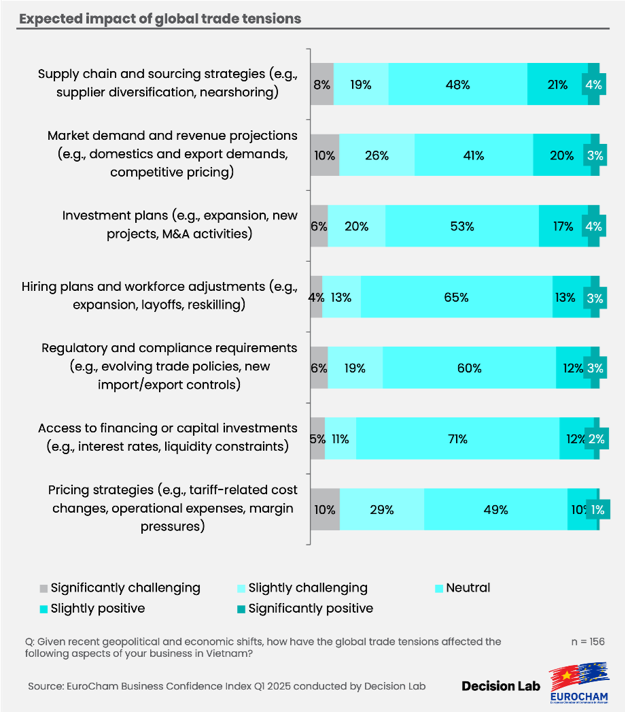 |
Less negative but still neutral sentiment
The business sentiment of European enterprises in Vietnam in the first quarter of 2025 showed signs of slight improvement compared to previous quarters. Of which, 42% of enterprises participating in the survey held a neutral view on the business environment, showing a priority of vigilance against the changes taking place in the world.
"This quarter's BCI captures a rare moment - right before the tidal wave of tariffs hit the global economy. Businesses remain stable but cautious, optimistic but wary," said Thue Quist Thomasen, CEO of Decision Lab.
| “The data shows that European businesses in Vietnam, at the time, were still holding their breath waiting for official news – they still believed in the core elements, but were increasingly wary of the storm that was forecast ahead. In times like these, a data-driven, fact-based approach is more important than ever. It allows business leaders to cut through the external noise and make decisions based on evidence, not speculation,” said Thue Quist Thomasen. |
At the time of the survey, Vietnam’s economic growth was stable, with a positive GDP forecast. However, more than half of businesses (52%) cited the global economic slowdown and fluctuations in international trade as their top concerns. Meanwhile, 36% indicated that uncertainty in regulatory policies and regulations were holding back their business prospects.
Current situation and reforms needed to increase investment attractiveness
Although 68% of European business leaders said they would recommend Vietnam as an investment destination, businesses surveyed also pointed out a number of areas that need improvement to increase Vietnam’s attractiveness to foreign investors, with infrastructure development (37%) considered a top priority.
In addition, businesses also emphasized the need to streamline administrative procedures (29%) to reduce bureaucratic barriers; loosen visa and work permit procedures for foreign experts (24%)...
Similar to previous BCI reports, administrative procedures remain a major challenge for European businesses in Vietnam. Major barriers include cumbersome administrative procedures, cumbersome management apparatus, inconsistent enforcement... In particular, the visa issuance process continues to be a significant bottleneck, causing difficulties for both foreign workers and employers.
 |
In addition, value-added tax (VAT) refunds remain a major obstacle, with 41% of businesses experiencing occasional or frequent delays. Of these, 19% have to wait 1-3 months, and 16% have to wait 6-12 months. In addition, other procedural obstacles such as investment/business registration and on-site import/export restrictions continue to hinder business performance.
Compared to previous years, European businesses noted Vietnam’s progress in areas such as infrastructure, technological connectivity, and human resource development. However, more than 70% of surveyed businesses said they saw little or no improvement in market and investment conditions, cost management, and administrative efficiency. This suggests that Vietnam needs to make further efforts to improve its business environment.
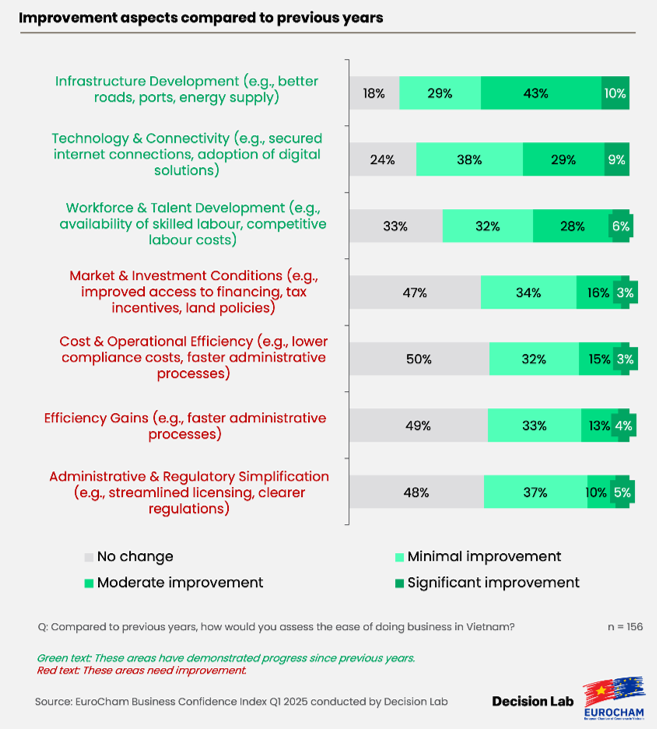 |
The issue of streamlining Vietnam’s administrative apparatus received neutral to cautiously optimistic responses from the European business community. While the majority did not expect immediate improvements, many businesses expressed hope for tangible progress by 2026. Positive improvements expected included switching to an electronic filing and approval system (45%), speeding up administrative procedures (26%), and giving more autonomy to local authorities (25%).
Regarding the proposed provincial merger, more than 40% of businesses believe that these changes could help improve administrative efficiency and reduce regulatory complexity. However, 55–63% remain uncertain about the impact of this process on investment plans, market expansion, and human resource strategies. Notably, 44% believe that their business operations would be more efficient if Vietnam reduced the number of provinces to less than 30, reflecting the desire for a more streamlined governance system.
As Vietnam implements internal reforms and faces external challenges, the European business community remains cautiously optimistic about the country's development prospects.
| Mr. Bruno Jaspaert analyzed: "The resilience of the Vietnamese economy is not only based on growth figures, but also on its ability to adapt - both in terms of internal structure and foreign strategy - in a volatile global context. New challenges are constantly emerging, requiring cohesion to turn difficulties into opportunities." |
European businesses have long appreciated Vietnam's flexibility in international relations, which is reinforced by the Government's subtle yet decisive approach to global challenges.
President Jaspaert also reaffirmed: “The way forward may require flexibility, but one thing remains certain: Vietnam and Europe are pursuing the common goal of economic resilience and long-term growth."
Source: https://thoibaonganhang.vn/thich-ung-va-hop-tac-de-vuot-qua-con-bao-thue-quan-162339.html









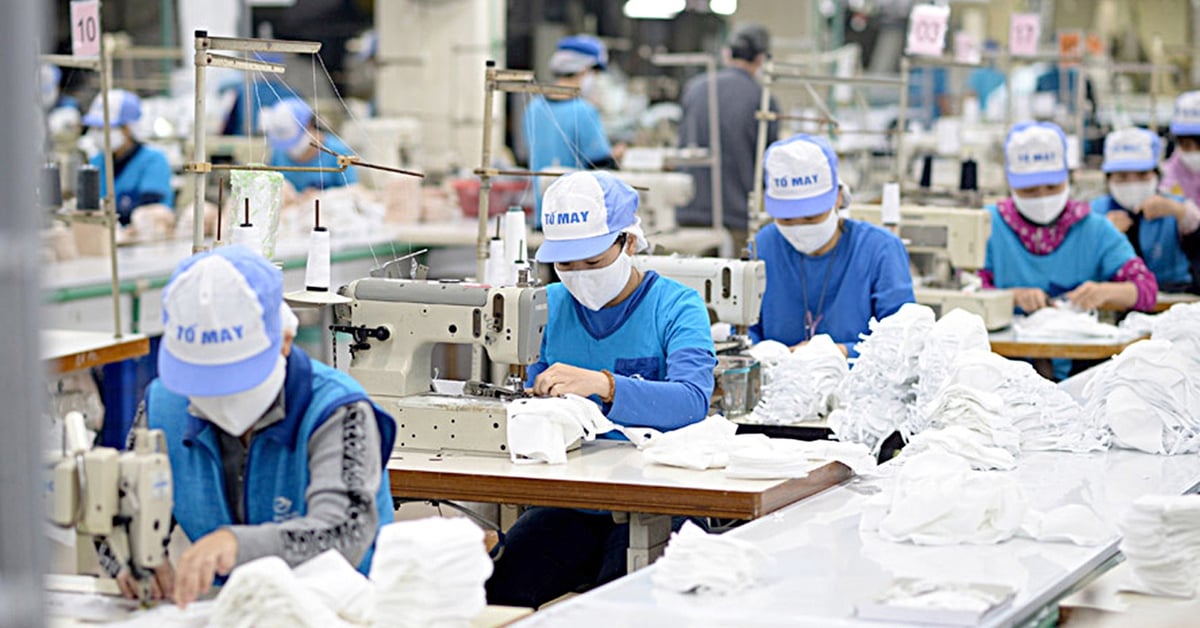






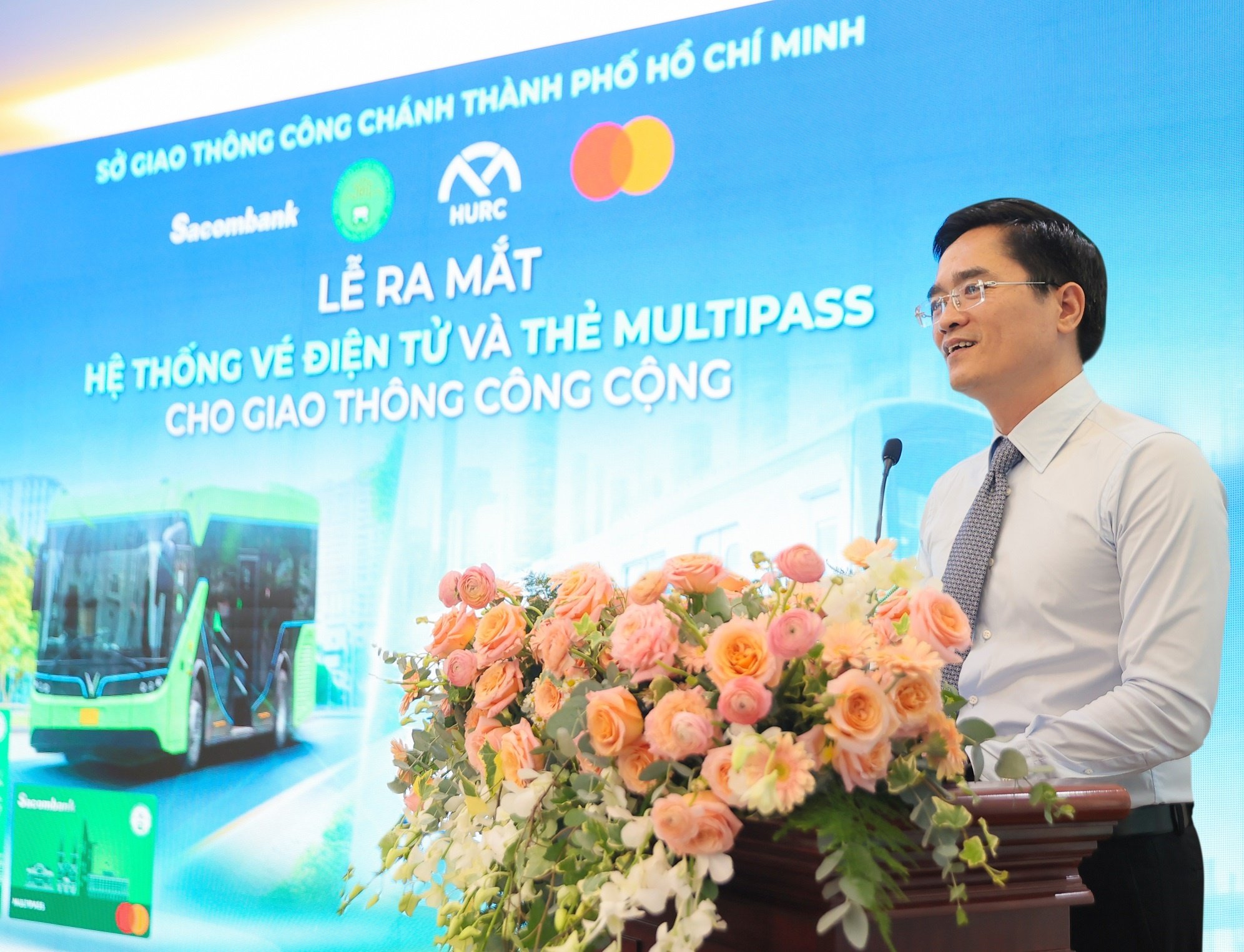

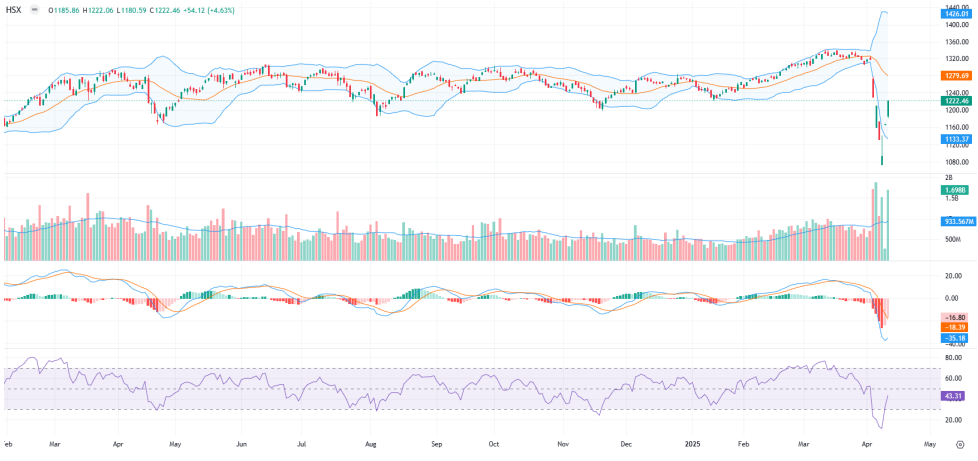
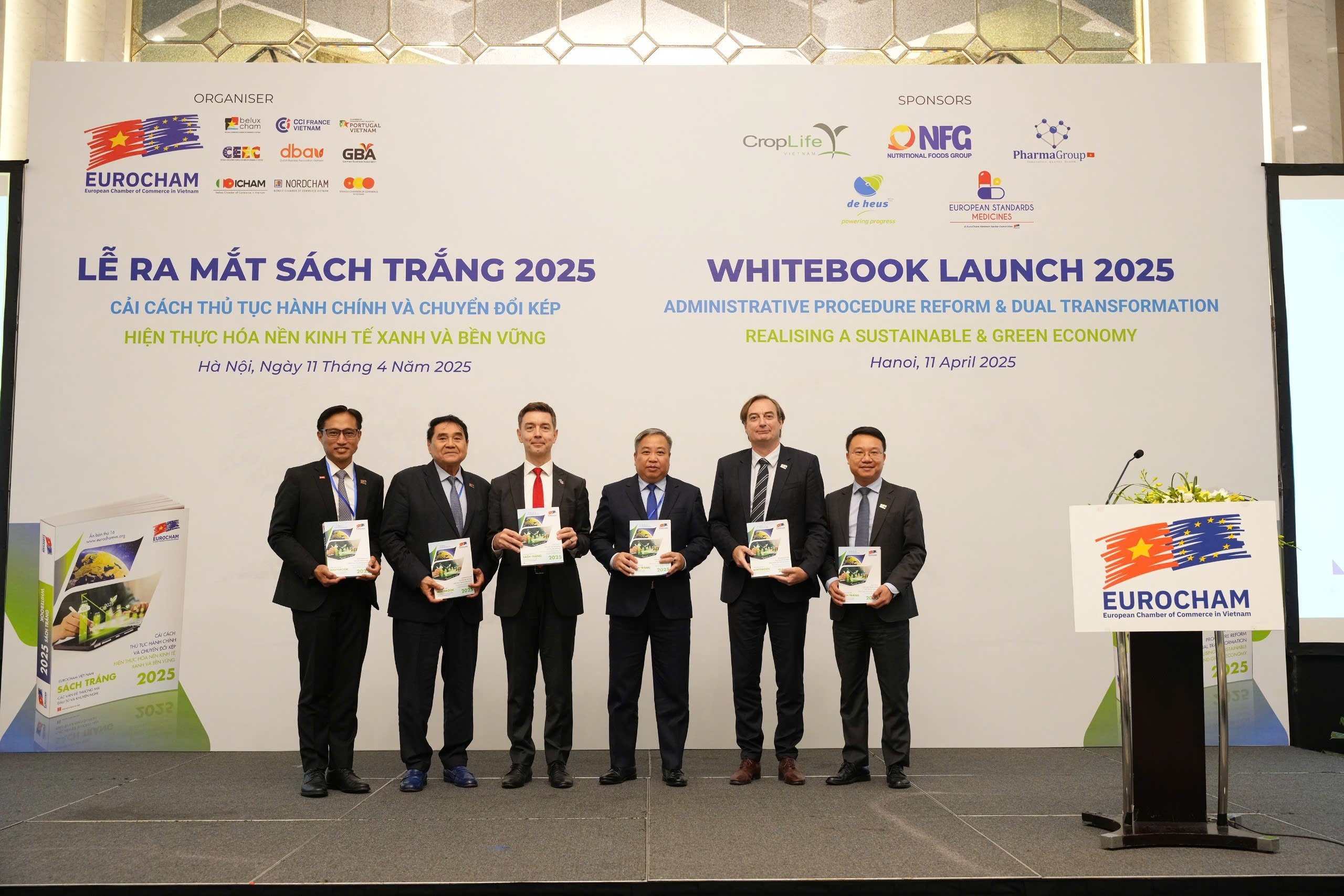
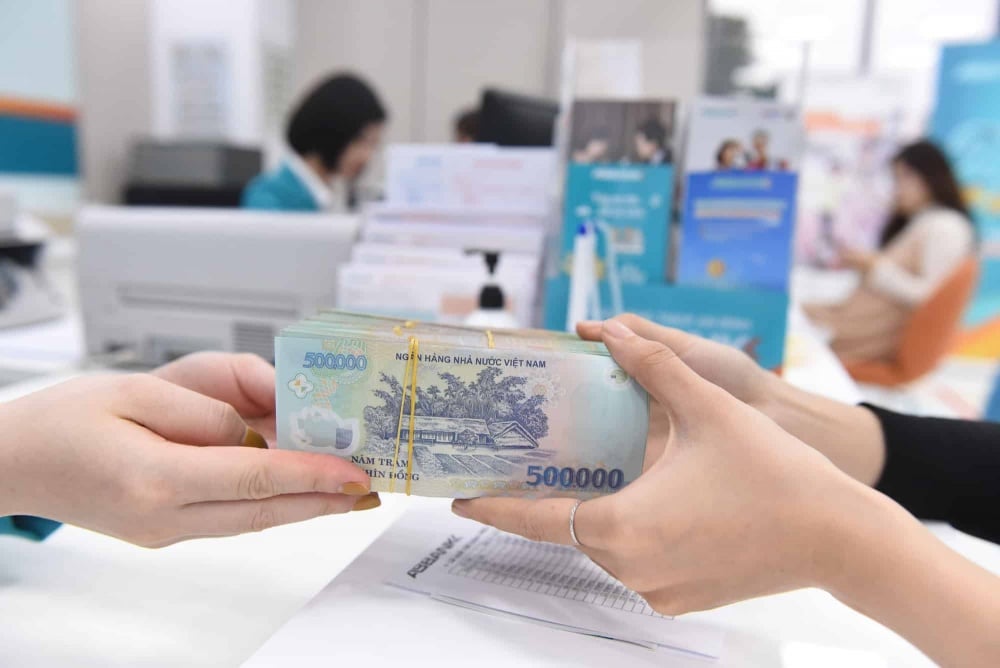


![[Photo] "Beauties" participate in the parade rehearsal at Bien Hoa airport](https://vstatic.vietnam.vn/vietnam/resource/IMAGE/2025/4/11/155502af3384431e918de0e2e585d13a)












































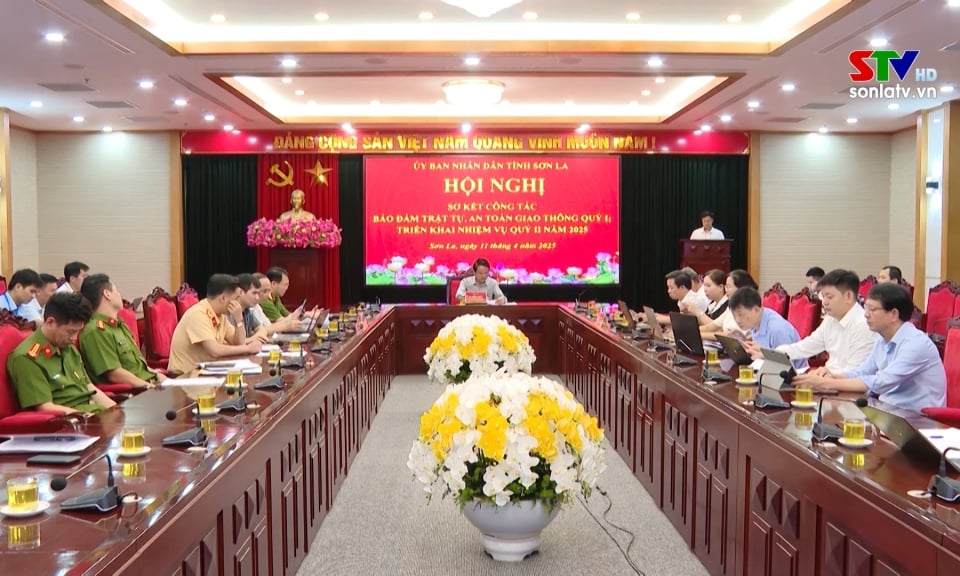
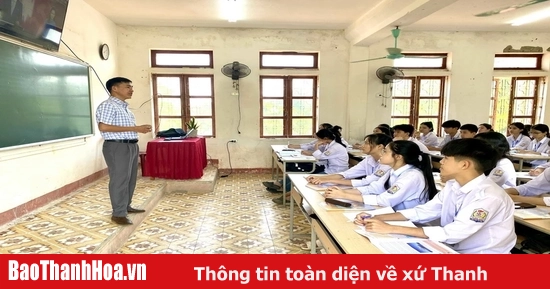

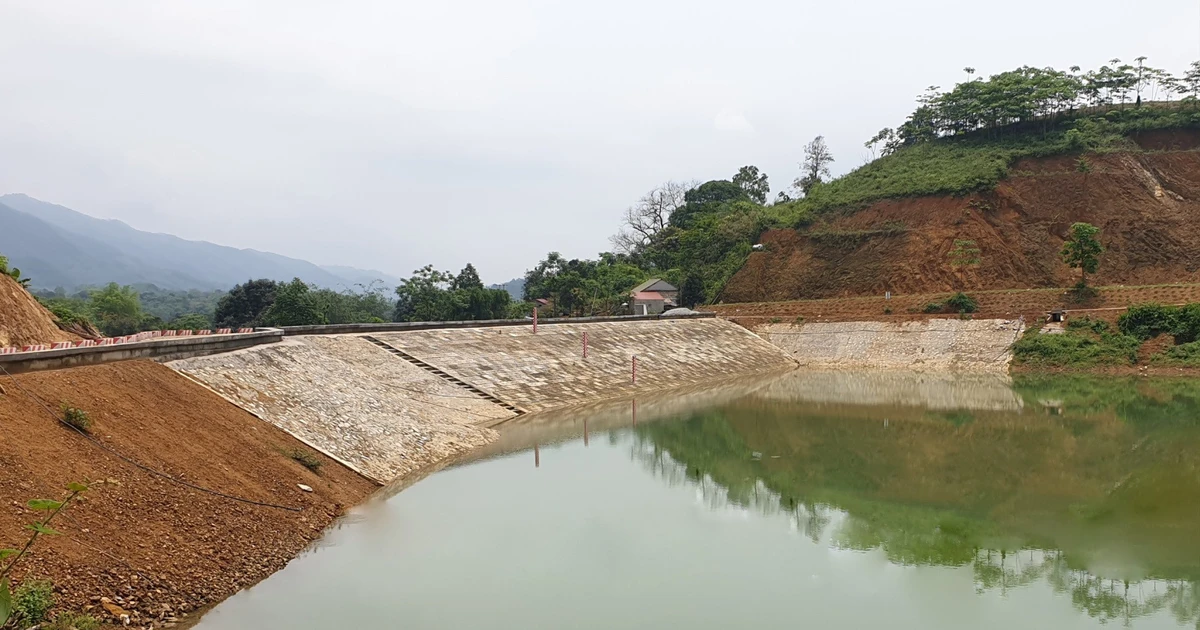

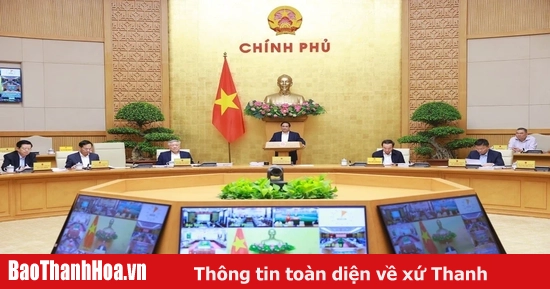
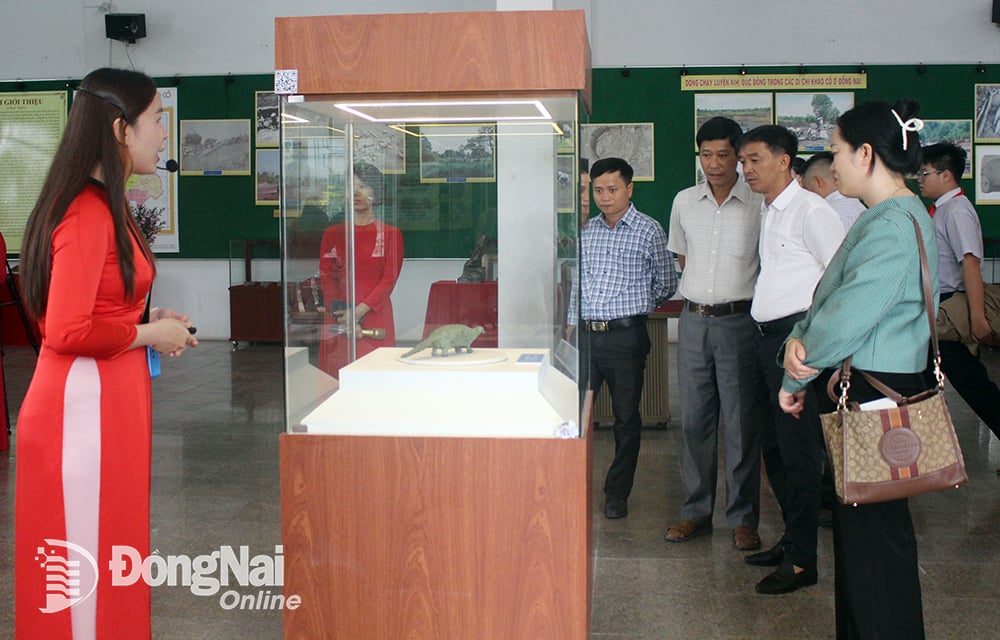

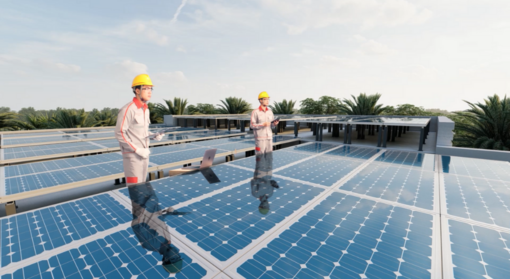










Comment (0)